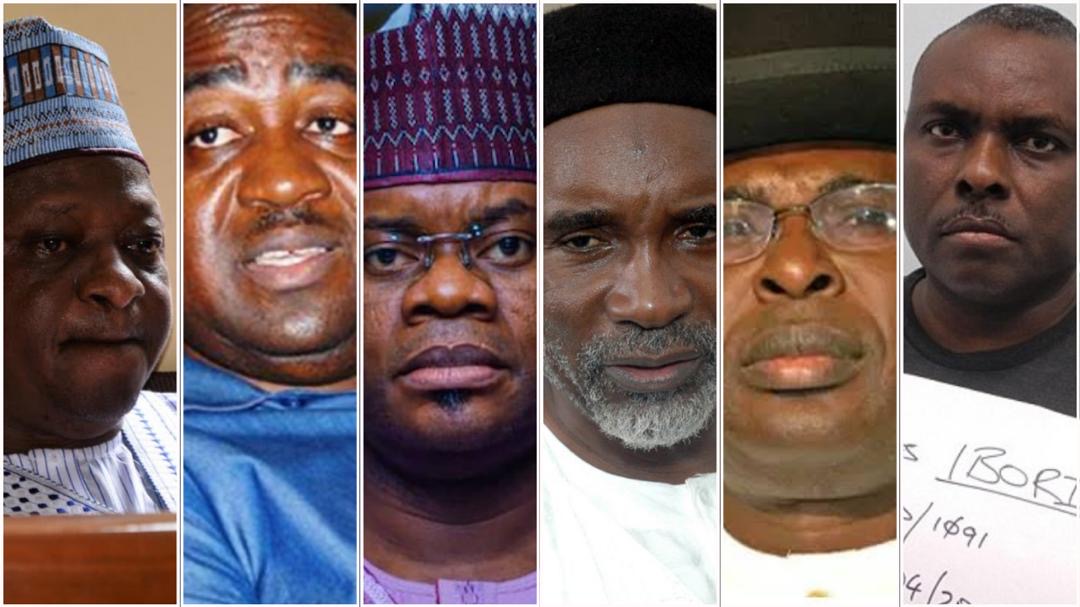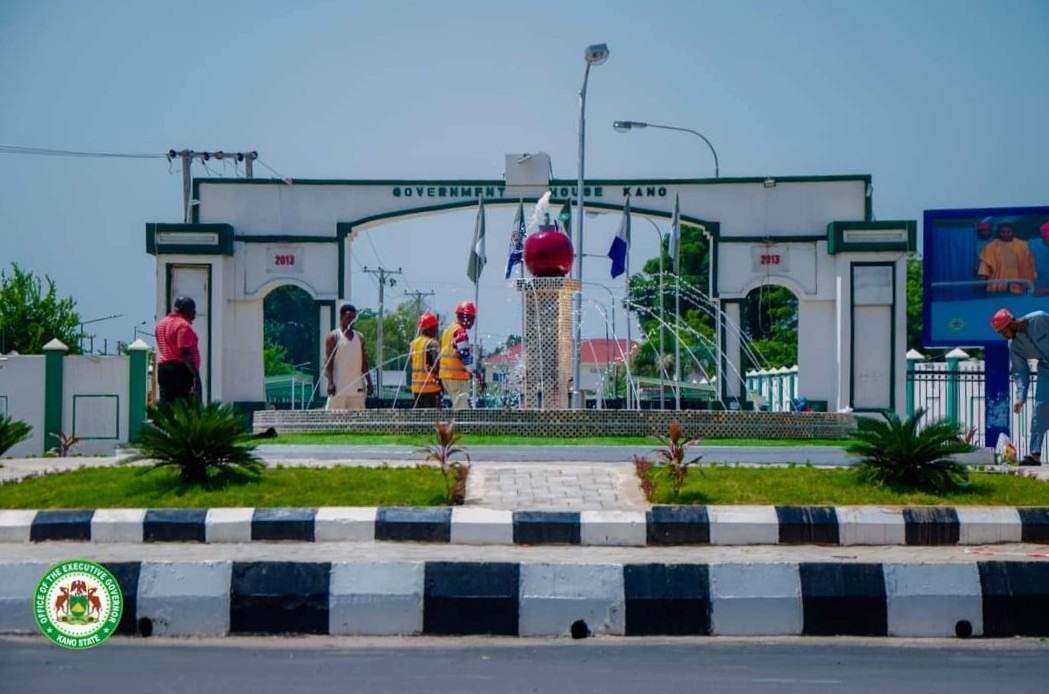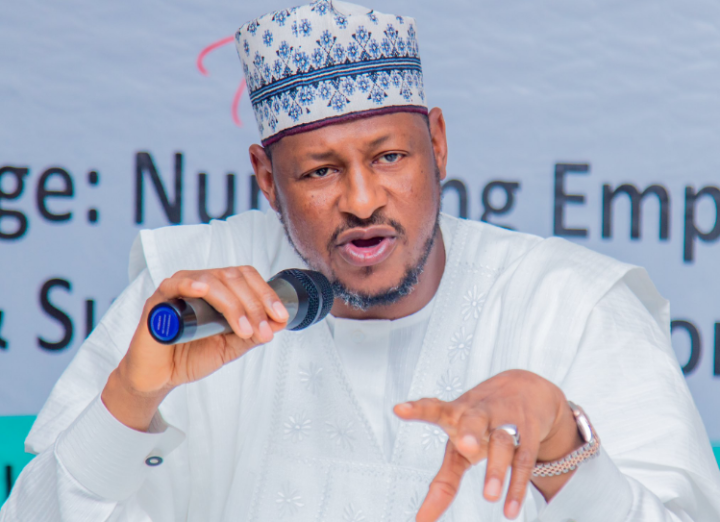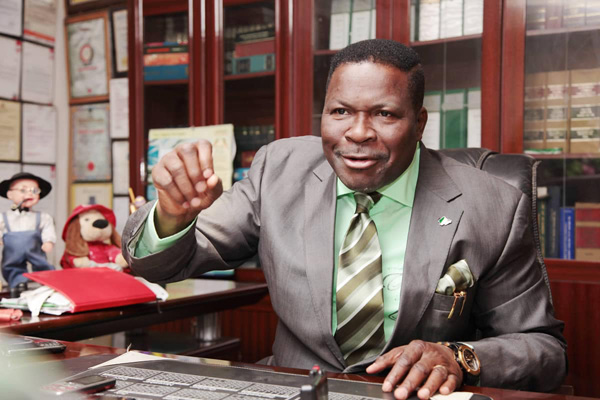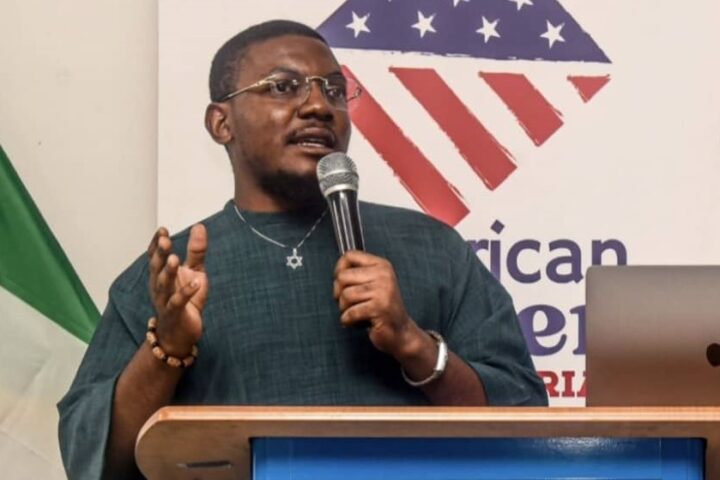Often, officials of the Economic and Financial Crimes Commission (EFCC) knock at the doorsteps of former governors as soon as their immunity expires. They are asked to account for their financial decisions, especially when foul play is suspected.
In 2023, Bello Matawalle, former governor of Zamfara and current minister of state for defence, criticised the EFCC for prosecuting only ex-governors, alleging that federal government officials are also corrupt.
However, the fight against corruption took a dramatic turn recently when Yahaya Bello, former governor of Kogi, “resisted” arrest by operatives of the EFCC and, at a point, was whisked away by Usman Ododo, his successor.
In this report, TheCable examines the trials of former governors by the EFCC since the anti-graft agency was established in 2003.
Advertisement
Some ex-governors were invited and grilled; others were investigated and arrested; yet, they have not been prosecuted. Those who fall under this category include Abdulaziz Yari and Bello Matawalle, former Zamfara governors; Kayode Fayemi, Ekiti; Samuel Ortom, Benue; Rabiu Kwankwaso, Kano; Theodore Orji, Abia; Aliyu Wamakko, Sokoto; Ali Modu Sheriff, Borno; the late Olusegun Agagu, Ondo and a few others.
But how many of the former governors have been charged so far, and how many have eventually been convicted?
PROSECUTED
Advertisement
Yahaya Bello, Kogi
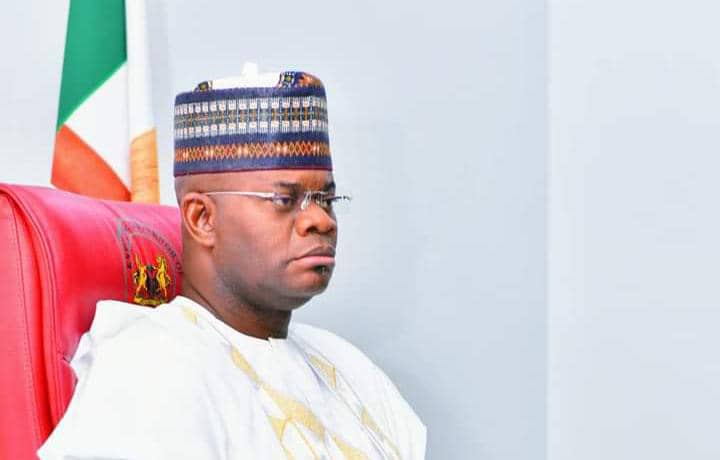
The EFCC is prosecuting Yahaya Bello alongside Ali Bello, Dauda Suleiman and Abdulsalam Hudu on 19-count charges bordering on money laundering to the tune of N80 billion. Bello served for two terms, from 2016 to 2024, as governor of Kogi.
On April 17, the EFCC operatives restricted movement in and around Bello’s house situated on Benghazi street, Wuse Zone 4, before Usman Ododo, his successor, arrived and was later seen leaving with Bello.
Advertisement
The EFCC also accused Bello of not showing up in court and served him charges through his counsel, Abdulwahab Muhammad.
Attahiru Bafarawa, Sokoto
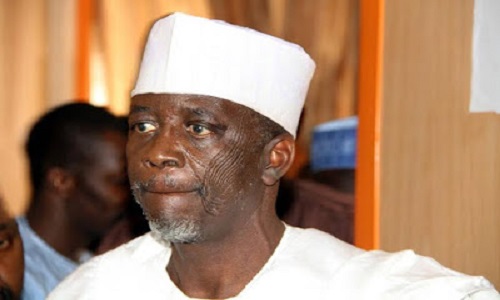
The commission accused Bafarawa, who served as governor between 1999 and 2007, of misappropriating and embezzling N15 billion.
Advertisement
In 2018, a Sokoto state high court discharged and acquitted him of the corruption charges.
Meanwhile, in January 2024, a second witness in the trial said the former governor diverted a staggering N4.6 billion he received as a security fund from the office of Sambo Dasuki, the former national security adviser (NSA).
Advertisement
The anti-corruption agency is now prosecuting Bafarawa on amended 25-count charges bordering on criminal breach of trust and diversion of public funds
Abdulfatah Ahmed, Kwara
Advertisement
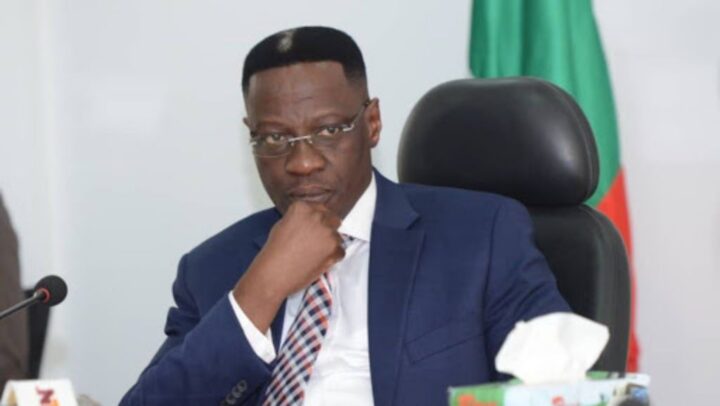
Abdulfatah Ahmed, a former governor of Kwara state, has been interrogated three times by the EFCC on how a sum of N3 billion was spent during his administration.
Advertisement
In December 2020, he was at the commission’s office in Ilorin to clarify certain transactions and decisions he took as governor. In May 2021, he was grilled at the EFCC headquarters in Abuja over allegations of fraud.
In February 2024, the former governor was arraigned on a 12-count charge bordering on alleged mismanagement of N10 billion in public funds.
Gabriel Suswam, Benue
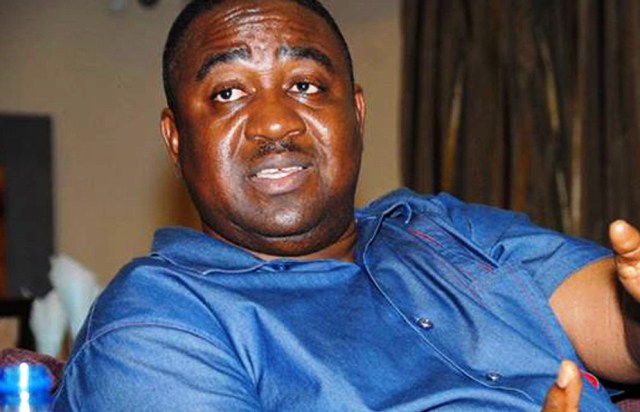
Suswam and Omadachi Okolobia, a former commissioner of finance, are facing amended 11-count charges bordering on money laundering of N3.1 billion naira.
Murtala Nyako, Adamawa
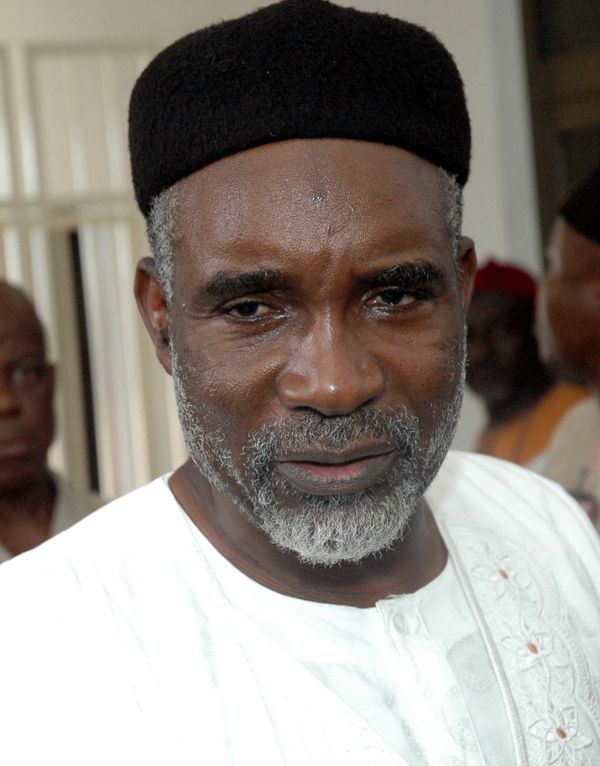
On July 19, 2021, a federal high court in Abuja ruled that a former governor of Adamawa state, Murtala Nyako, has a case to answer in the N29 billion fraud charges brought against him by the EFCC.
Nyako is being prosecuted by the anti-graft agency alongside his son on 37-count charges of criminal conspiracy, stealing, abuse of office, and money laundering.
Timipre Sylva, Bayelsa
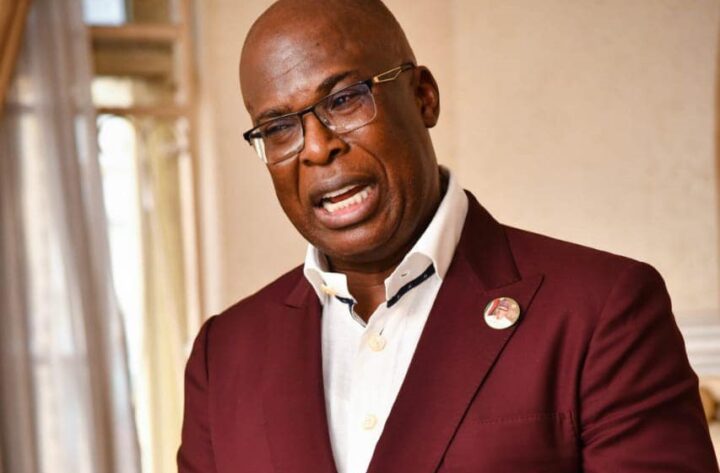
In 2015, the EFCC reopened a 42-count charge against Sylva for allegedly stealing the state fund between 2007 and 2011 when he was governor.
Sylva was charged alongside three others – Francis Okokuro, Gbenga Balogun, and Samuel Ogbuku – for allegedly using three companies—Marlin Maritime Limited, Eat Catering Services Limited, and Haloween-Blue Construction and Logistics Limited—to move about N19.2 billion from Bayelsa state coffers between 2009 and 2012, under a false pretence of using the withdrawn money to augment the salaries of state government workers.
Sule Lamido, Jigawa
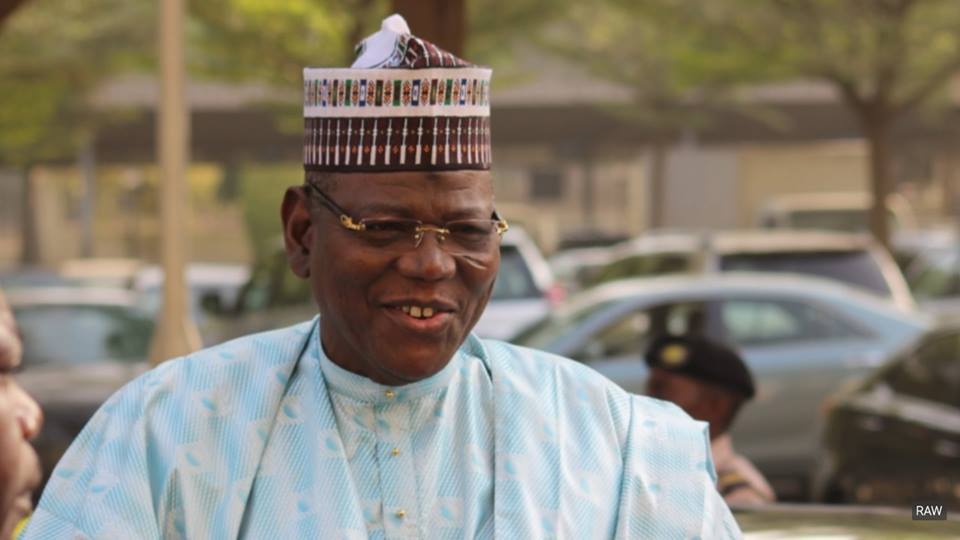
The EFCC charged Lamido and two of his sons – Aminu and Mustapha — in 2015. They faced 37 amended charges bordering on money laundering until the case was thrown out.
In 2023, the court of appeal in Abuja dismissed the eight-year-long case on a technical ground of lack of jurisdiction by the federal high court to conduct the trial in Abuja instead of Jigawa.
Last year, the EFCC asked the supreme court to set aside the ruling of the appellate court.
Ayo Fayose, Ekiti
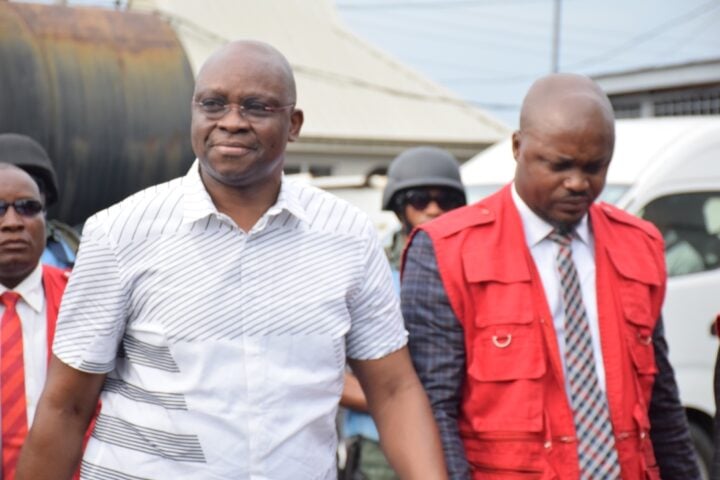
The EFCC is prosecuting Fayose for alleged N6.9 billion fraud and money laundering. The case started in 2014 when Fayose and one Abiodun Agbele were said to have taken possession of N1.2 billion to fund his gubernatorial election campaign in Ekiti.
His case recently stalled at the federal high court in Lagos after the judge failed to sit.
Chimaroke Nnamani, Enugu
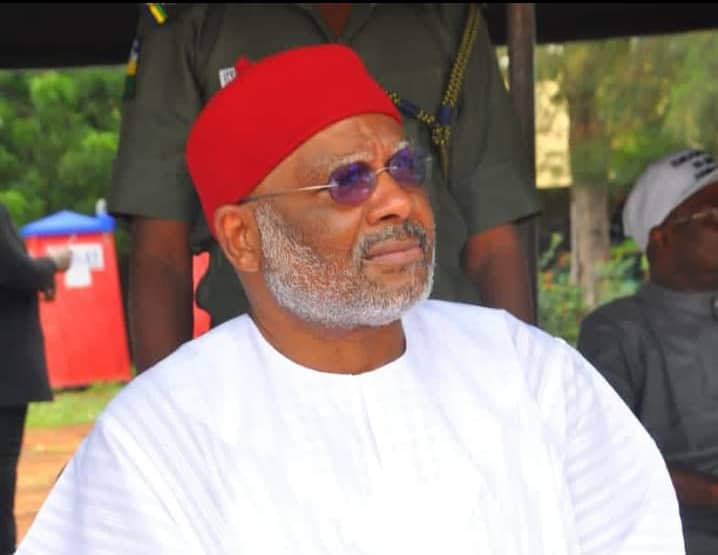
Nnamani was prosecuted by the EFCC for a “N5.3 billion fraud”. The former governor was first arraigned before Justice Tijani Abubakar in 2007.
The Enugu ex-governor and Sunday Anyaogu, his aide, were linked to six firms that were reported to have laundered funds from the state treasury, especially funds meant for the LGAs state. The firms were Rainbownet Nigeria Limited, Hillgate Nigeria Limited, Cosmos FM, Capital City Automobile Nigeria Limited, Renaissance University Teaching Hospital and Mea Mater Elizabeth High School.
In 2015, a federal high court in Lagos convicted four companies belonging to Nnamani and ordered their forfeiture to the federal government.
The companies had pleaded guilty to a 10-count charge brought against them by the EFCC.
Sullivan Chime, Enugu
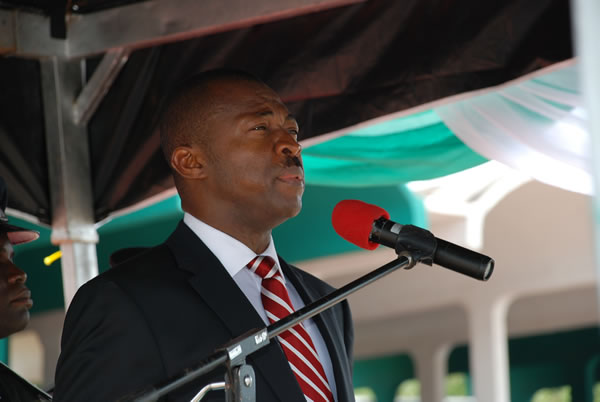
Following the end of his tenure in 2015, the former governor was investigated by the EFCC over his alleged role in the sharing of N23 billion campaign fund money involving Dieziani Alison-Madueke, former minister of petroleum.
He is one of the 13 governors the anti-corruption agency reopened their cases in January 2024.
Abdullahi Adamu, Nasarawa
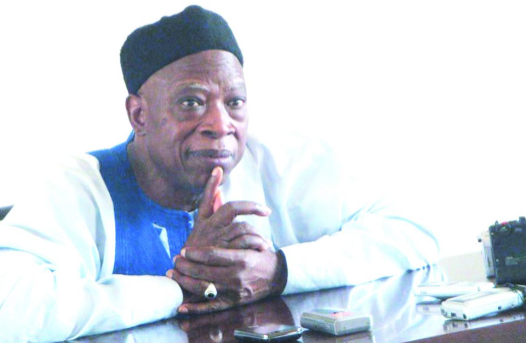
Adamu served as governor of Nasarawa between 1999 and 2007. He was also the senator representing Nasarawa West until he became the national chairman of the All Progressives Congress (APC) in 2022.
In March 2010, the EFCC filed a 149 count against Adamu and 18 others, including former Nasarawa state officials and contractors, over allegations involving N15 billion fraud.
Danjuma Goje, Gombe
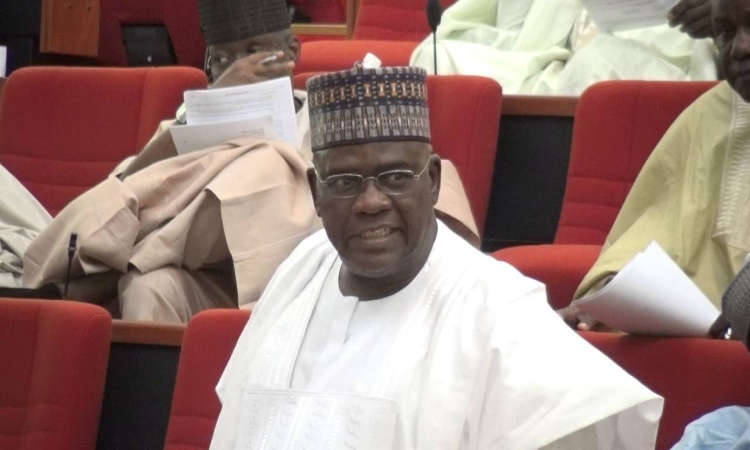
Following an eight-year-long back and forth, the EFCC, in 2019, handed over Goje’s “N25 billion fraud” case to the office of the attorney-general of the federation.
The federal government later withdrew the corruption charges against him.
Peter Odili, Rivers
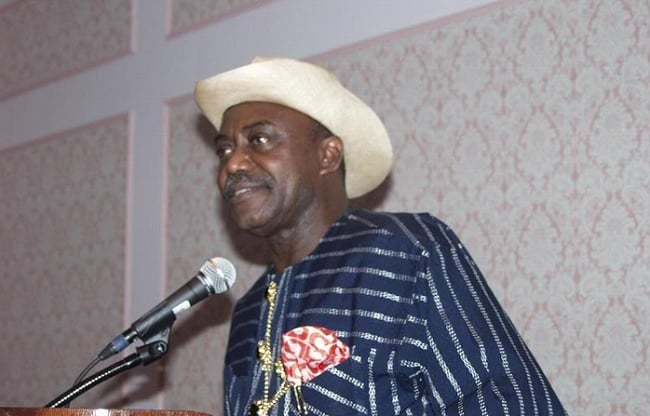
A few months ago, the EFCC reopened the investigation of Peter Odili over the alleged diversion of N100 billion while he was governor of Rivers between 1999 and 2007.
However, since 2008, Odili has had a perpetual court injunction preventing the EFCC from investigating or arresting him.
Abubakar Audu, Kogi
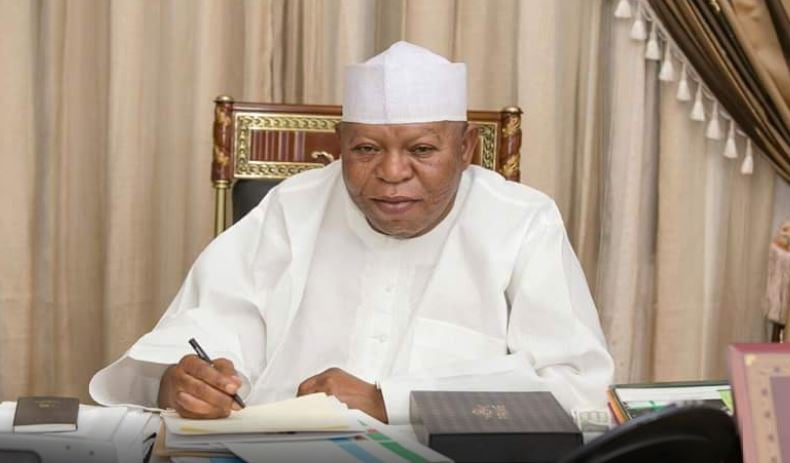
In 2013, the EFCC arraigned the former governor of Kogi State, Abubakar Audu, alongside Ibn Mustapha, a former director general of the directorate of rural development in his administration, before Justice A.O. Adeniyi of the high court sitting in Abuja.
The duo were arraigned on a 36-count charge bordering on criminal breach of trust and misappropriation of public funds to the tune of N10 billion.
Audu died in 2015.
Gbenga Daniel, Ogun
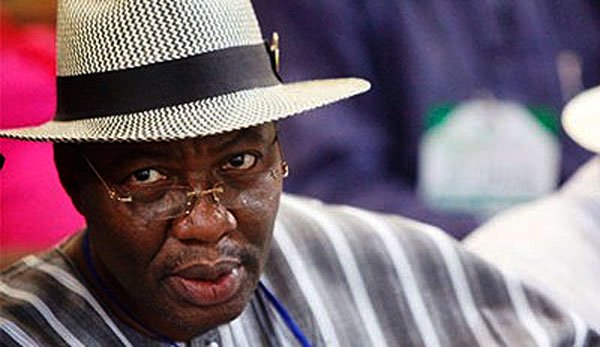
Gbenga Daniel was arrested on October 6, 2011, a few months after the end of his tenure.
Subsequently, in what later turned out to be an 11-year-long trial, the former governor faced a 38-count charge of stealing public funds, bribery, fraudulent conversion of public property and false declaration of assets to the tune of N211.3 million.
In 2022, a three-man panel of the appeal court sitting in Ibadan, Oyo state, dismissed the corruption charges against Daniel and held that the former governor was being prosecuted for non-existent offences and for offences for which there was no evidence to substantiate.
Saminu Turaki, Jigawa
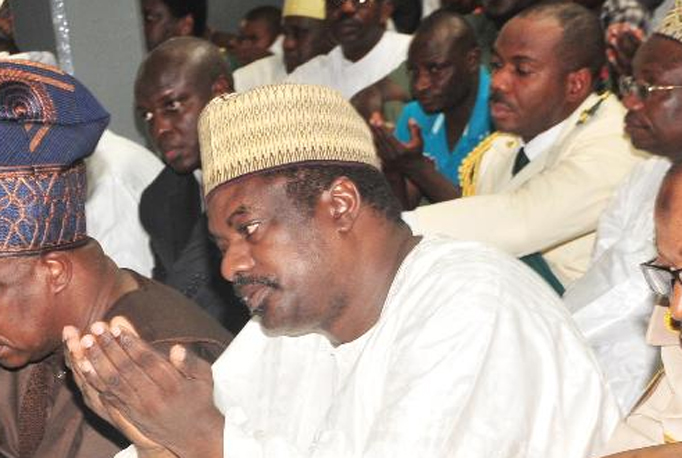
The EFCC had, in July 2007, filed a 32-count charge of corruption and money laundering against Turaki at a federal high court in Dutse, the state capital. The anti-graft agency accused him of laundering N36 billion from the state coffers.
Although his trial was stalled along the line when the EFCC claimed he had absconded after being granted bail, he was later re-arrested in Abuja by operatives of the commission and brought before a court for trial on September 19.
In 2022, he was acquitted by the court, but the EFCC said it would return to court over the case.
Rochas Okorocha, Imo
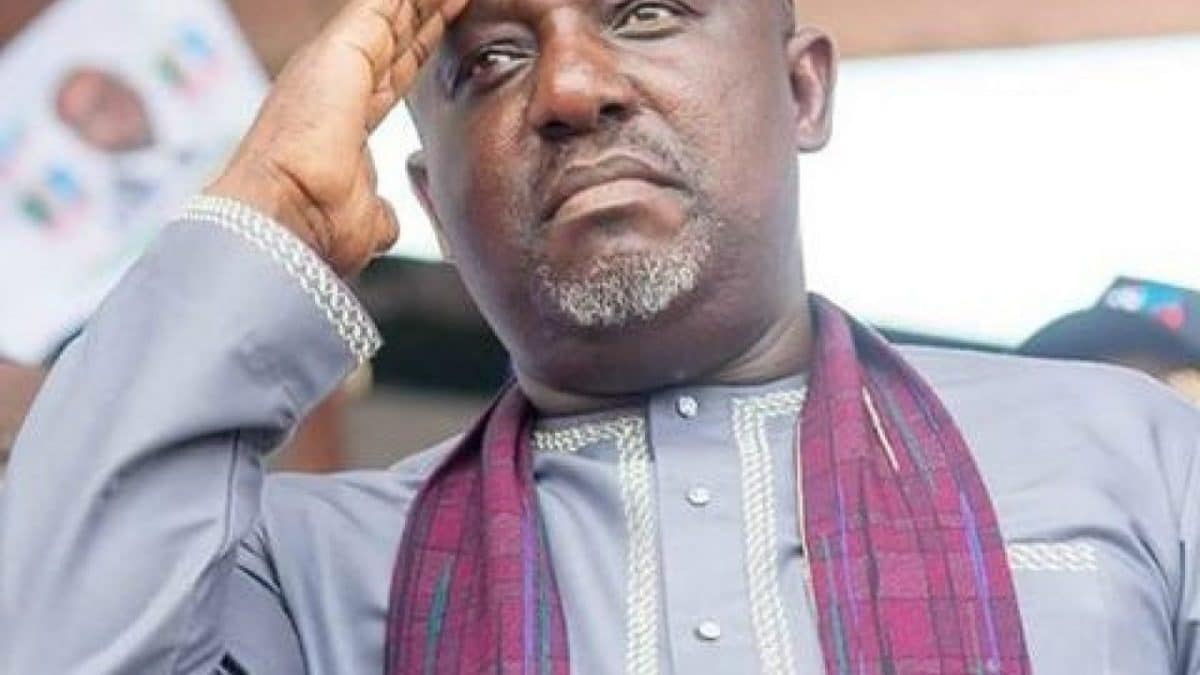
On May 30, 2022, the EFCC arraigned the former governor of Imo, who is now a Nigerian senator, and six others on 17-count charges bordering on conspiracy, stealing, conversion of public funds, and money laundering to the tune of N3 billion.
A federal capital territory high court in Abuja dismissed the suit in July 2023 as “an abuse of court process”.
Ikedi Ohakim, Imo
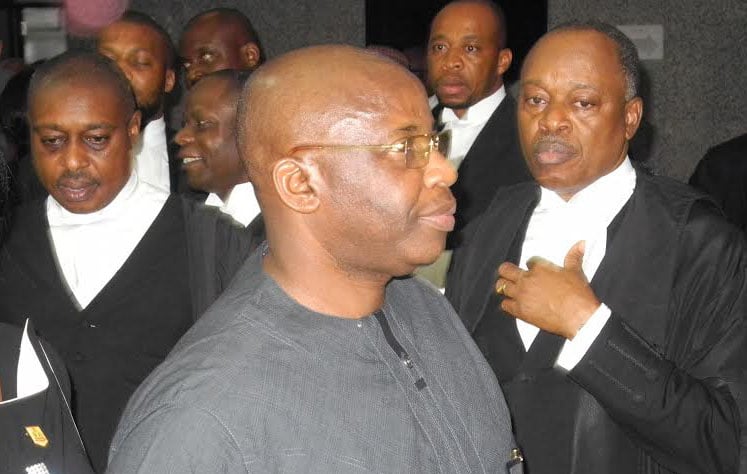
Ohakim was prosecuted by the EFCC for allegedly making a cash payment of over $2 million for a piece of land at Asokoro, Abuja.
The EFCC said the investigation into the alleged offence began in 2010 – a year before the expiration of Ohakim’s tenure – after the commission received petitions coupled with intelligence reports.
Jonah Jang, Plateau
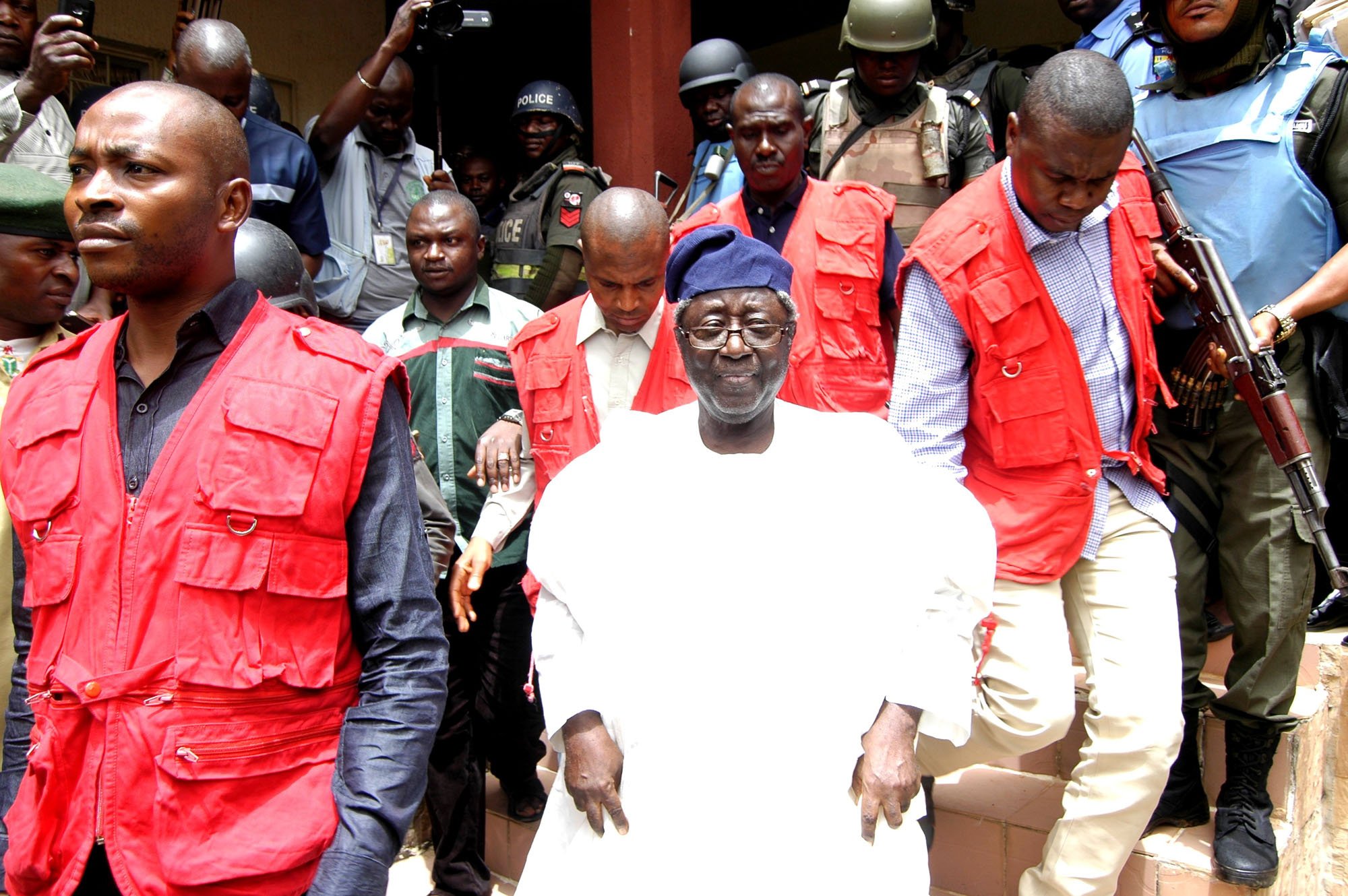
Jang and Yusuf Pam, a former cashier in the office of the secretary to the state government (OSSG) faced trial for alleged criminal breach of trust and misappropriation of Plateau funds to the tune of N6.3 billion.
In 2018, the anti-corruption agency said it traced properties worth N500 million to the former governor. The commission said he purchased the properties from New Capital Properties Limited, a subsidiary of Northern Nigerian Development Company (NNDC), Kaduna.
In 2022, the court acquitted Jang of the corruption charges levelled against him.
Usman Dakingari, Kebbi
The former governor oversaw the administration of Kebbi from 2012 to 2015 before the election that brought him in was annulled.
In 2018, he was arraigned on a 13-count charge of conspiracy and money laundering to the tune of N450 million.
The former governor allegedly connived with two other defendants to collect the sum that was said to have been distributed by Deizani Allison Madueke, former minister of petroleum resources, to influence the 2015 general election.
Ramalan Yero, Kaduna
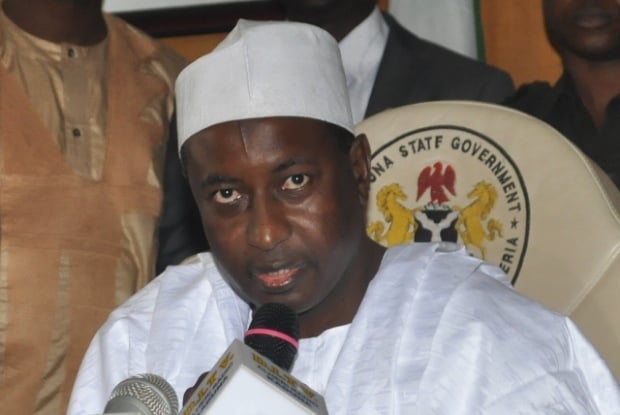
In 2018, a federal high court sitting in Kaduna remanded Ramalan Yero over “his role” in the disbursement of N750 million in campaign funds for the PDP during the 2015 general election.
He was remanded alongside Nuhu Wya, a former minister; Abubakar Gaya-Haruna, a former chairman of the Peoples Democratic Party (PDP) in Kaduna; and Hamza Ishaq, a former secretary to the Kaduna state government.
In 2022, he was re-arraigned, but he pleaded “not guilty” to the charges against him.
Ibrahim Shema, Katsina
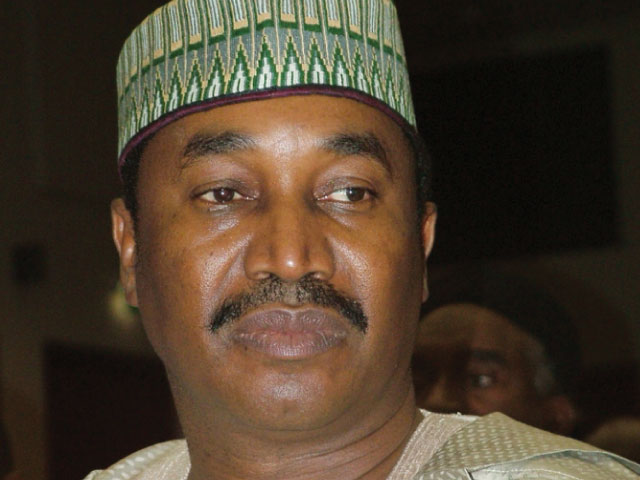
The EFCC arraigned Shema in 2017 on a 22-count charge of criminal breach of trust, forgery and abuse of office.
Before his arraignment, the former governor had refused to honour the commission’s invitation.
Shema was charged alongside Sani Makana, commissioner for local government and chieftaincy affairs; Lawal Safana, permanent secretary for local government and chieftaincy affairs; and Ibrahim Lawal Dankaba, chairman, Katsina Association of Local Government of Nigeria (ALGON), for allegedly diverting public funds to the tune of N11 billion during his tenure as governor between 2012 and May 2015.
The state later withdrew the case.
Rashidi Ladoja, Oyo
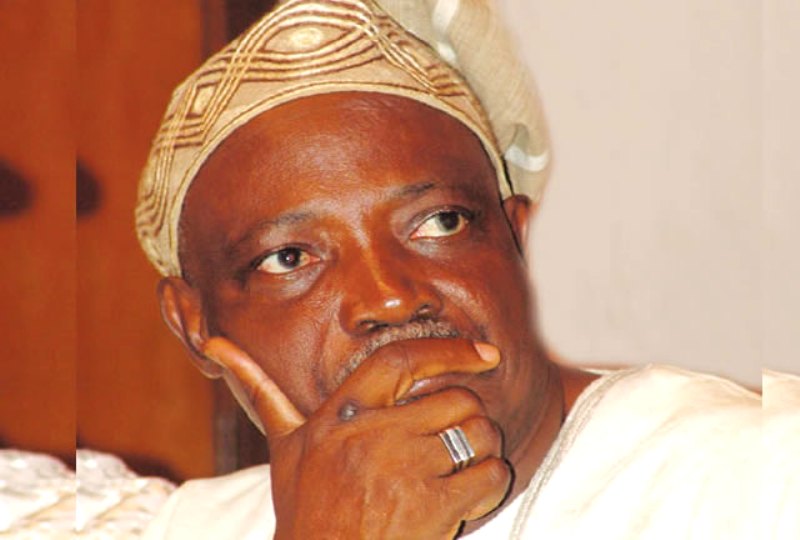
In 2008, the EFCC dragged Ladoja and Waheed Akanbi, who served as commissioner for finance under the former governor, to court over a N4.7 billion fraud case.
After an 11-year-old trial, Mohammed Idris, the presiding judge, discharged and acquitted the former governor, saying the evidence brought to court against the defendants was “too low on credible evidence.”
Alao Akala, Oyo

Before his death, the EFCC arraigned the former governor on an 11-count charge bordering on alleged criminal conspiracy and fraudulent practices to the tune of N11.5 billion.
Akala stood trial alongside Hosea Agboola, former commissioner for local government and chieftaincy affairs, and Olufemi Babalola, chief executive officer of Pentagon Consults.
Akwe Doma, Nasarawa
Doma served as Nasarawa governor for a term. Shortly after his tenure, the commission started the prosecution of the former governor on a 10-count charge bordering on financial crimes.
Between 2007 and 2009, Doma allegedly conspired with some government officials to fraudulently launder state funds to the tune of N8 billion.
He died in 2018 at the age of 75.
James Ngilari, Adamawa
Ngilari served briefly between 2007 and 2008 as governor of Adamawa.
Despite his stint, the former governor was charged and remanded in EFCC’s custody for violation of procurement laws in the award of a contract of N167 million for the supply of twenty-five units of operational vehicles (Toyota Corolla).
In March 2017, Ngilari was sentenced to five years in jail without an option of a fine by a Yola high court, but he was later acquitted and freed by the court of appeals in July of the same year.
Willie Obiano, Anambra
Earlier this year, the commission arraigned Willie Obiano, a former governor of Anambra state, before a federal high court in Abuja on nine counts charges bordering on money laundering, diversion of funds, stealing, and corruption to the tune of N4 billion.
The presiding judge ordered that the defendant’s passport and travel documents be kept in the custody of the court and that the Nigeria Immigration Service be notified of the arrangements.
CONVICTED
Joshua Dariye, Plateau
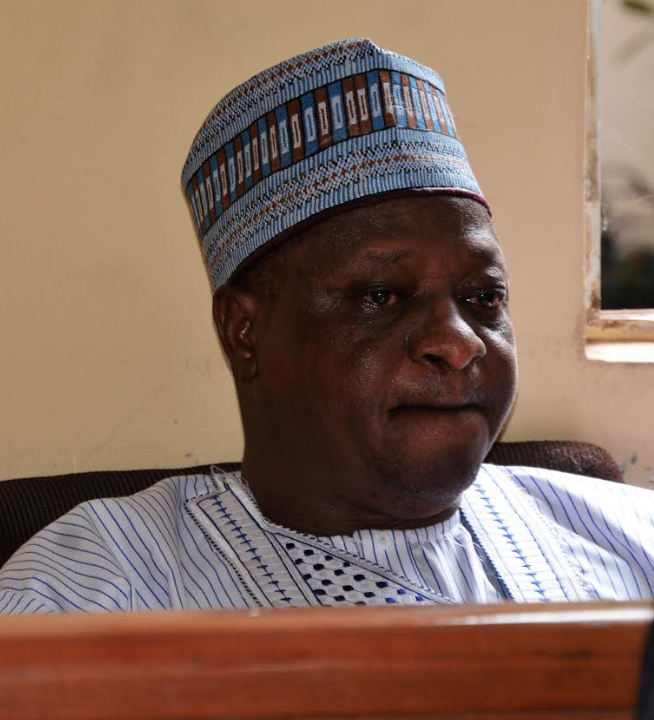
After a trial that lasted eight years, in June 2018, Dariye was finally sentenced to 14 years in prison for criminal breach of trust and two years for misappropriation of public funds, to run concurrently.
He was released from the correctional facility in the Kuje council area of the federal capital territory (FCT), on August 8, 2022, after receiving a presidential pardon from former President Muhammadu Buhari.
Jolly Nyame, Taraba
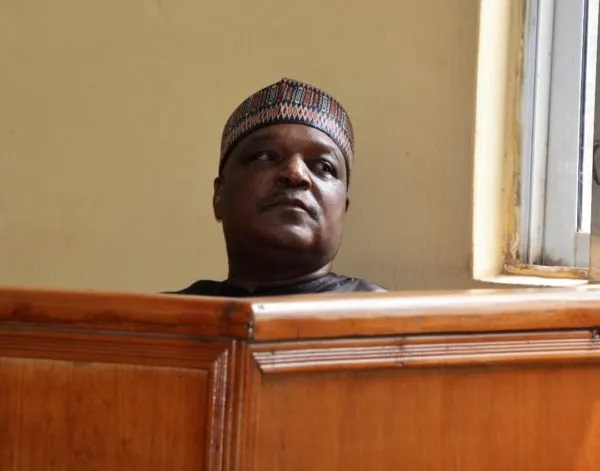
The EFCC charged Nyame with abuse of office and diversion of N1.64 billion during his tenure as governor of Taraba between 1999 and 2007.
Having stood trial for about 11 years, Adebukola Banjoko, judge of a federal capital territory high court in Gudu, convicted Nyame on May 30, 2018, and sentenced him to 14 years in prison.
The former governor then appealed the judgment and the jail term was reduced to 12 years. Still dissatisfied, he headed to the apex court. In 2020, the supreme court affirmed the judgment of the court of appeal.
Two years later, in April 2022, at a council of state meeting, former President Muhammadu Buhari pardoned Nyame.
Lucky Igbinedion, Edo
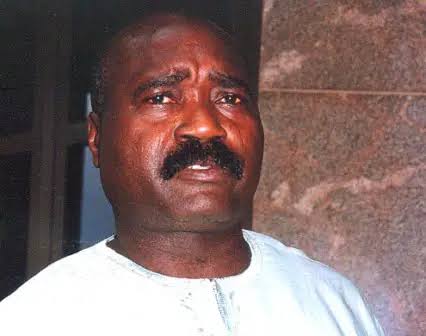
Following his tenure as governor of Edo from 1999 to 2007, Igbinedion was convicted in December 2008 for embezzling N2.9 billion which belonged to the state.
In 2008, a federal high court in Enugu sentenced him to six months imprisonment with the option of a N3.5 million fine. The judge also ordered the forfeiture of N500 million, and three properties, including one in Abuja, seized from him.
In 2021, he was detained by the EFCC over alleged criminal diversion of public funds to the tune of N1.6 billion.
James Ibori, Delta
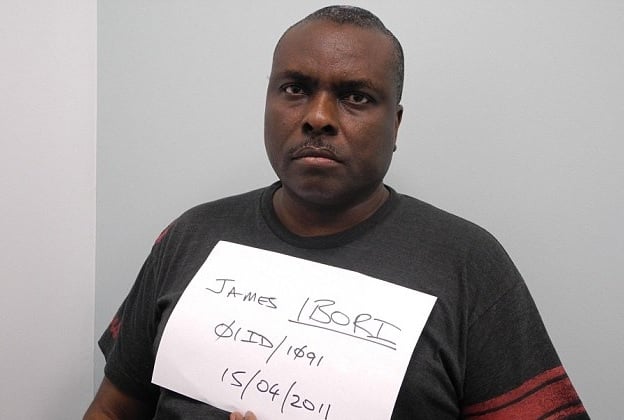
After his term as Delta governor, in 2012, Ibori was sentenced by a United Kingdom Southwark Crown Court to 13 years in prison after he was found guilty of counts of money laundering and related offences to the tune of £50 million.
He was released in December 2016, having spent about half of the jail sentence in a UK prison.
Nuhu Ribadu, then EFCC chairman, alleged that Ibori attempted to bribe him to drop the charges with a cash gift of $15 million, which Ribadu immediately lodged in the Central Bank of Nigeria as an exhibit.
Diepreye Alamieyeseigha, Bayelsa
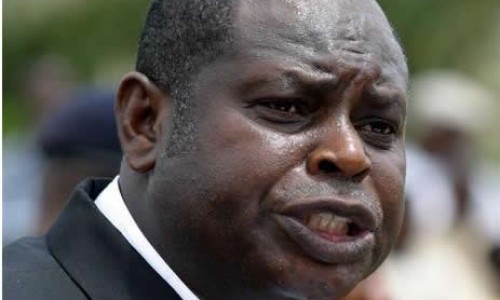
Alamieyeseigha was impeached as governor in 2005 and in December of that year, he was arrested by the EFCC and charged with money laundering and corruption offences.
Before this, he had been arrested by the London Metropolitan Police and was charged with three counts of money laundering.
In July 2007, Alamieyesigha pleaded guilty and was sentenced to two years in prison from the day of his arrest two years earlier. He was released a few hours after his sentence. On March 12, 2013, President Goodluck Jonathan granted Alamieyeseigha a state pardon.
Orji Kalu, Abia
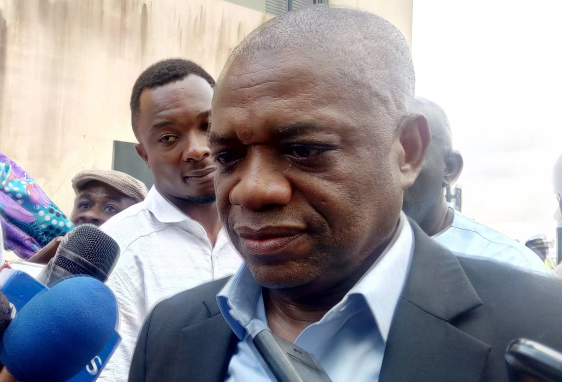
In 2019, Kalu, a member of the senate, was sentenced to 12 years imprisonment after he was convicted of diverting N7.1 billion from the coffers of Abia state during his time as governor.
The EFCC had opened a 36-count charge against him and Ude Jones Udeogu, a former director of finance and accounts in Abia. On May 8, 2020, the supreme court nullified his conviction, and Kalu was released from prison.
Recently, the EFCC said it would fix the loopholes in its tactics to reopen the N6.7bn fraud case against the former governor.
Add a comment

